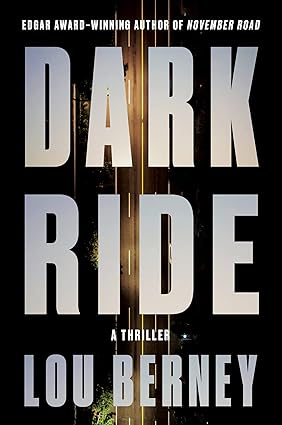
The voice on the other end was like dark chocolate that smoked and drank too much and didn’t give a d**n.
If you crossed Rex Stout’s Archie Goodwin with Ian Fleming’s James Bond, you’d pretty much get Alex Mason, hero of Odin, the first volume in a series by David Archer and Blake Banner.
Alex Mason is an agent for “Odin,” an officially nonexistent espionage agency operating for the US government. Its head is known as the Chief, but he’s sometimes called “Nero,” an obvious hat-tip to Nero Wolfe, of whom he is a near clone. He summons Alex to his office as Odin begins, telling him that he’s concerned about an agent he’s had in place in Manila, who has suddenly disappeared. That agent was part of a small, strategically placed cell of assets working against the Chinese. And now it seems they’ve been discovered.
In fact, as Alex arrives, Chinese agents are already moving against the cell. Quickly one is murdered, two go on the run together, and another is captured. Alex needs to find the two fleeing assets and get them to safety. As he begins that task, he is joined by a friendly – and gorgeous – female Mossad agent.
In terms of writing craftsmanship, I find no fault with Odin. The characters were sharp and interesting, and the dramatic tension escalated steadily. The prose was often delicious, with lines like, “He turned and strutted over on crisp little feet.”
The plotting impressed me very much. A plot development that looked like implausible coincidence turned out to be perfectly plausible, by neat authorial jujitsu. An apparent contradiction resolved itself, paying off in heightened suspense for the reader.
I was less happy with a moment of justification of adultery, but I’ve overlooked worse moral sins in a novel.
Bottom line – Odin was a superior thriller, crafted with high professionalism. It was a good time with a book, well worth the purchase price.






